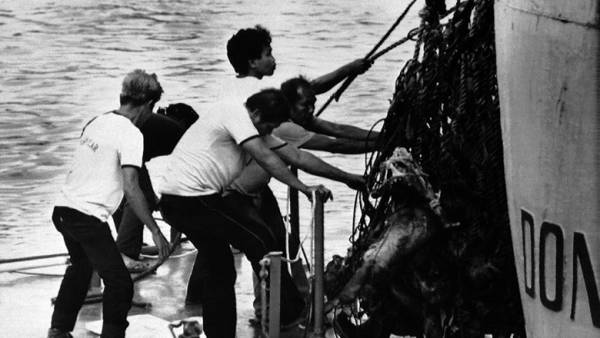
Decree of Peter I on postponing the celebration of the New Year in Of Russia
Since 1492, the “Byzantine” calendar was introduced in Russia, according to which the next year was counted from September 1. However, on December 20, 1699, the Russian tsar Peter I signed a decree on the transition of Russia to a new chronology and the postponement of the celebration of the beginning of the year to January 1. In the document, the tsar ordered to decorate houses with pine, spruce and juniper branches, and to congratulate each other as a sign of fun. In addition, fireworks, cannon and rifle salutes were arranged on Red Square, and city residents were told to fire muskets and launch rockets near their homes. The festivities on the occasion of the New Year lasted until January 6 and ended with a procession to the Jordan.
For residents of West Berlin, passage through the Berlin Wall is allowed
On December 20, 1963, residents of West Berlin were allowed to pass through the Berlin Wall for the first time to visit relatives living in the GDR. Permission for a one-day visit on this day was received by more than 4 thousand residents of East Germany. The construction of the Berlin Wall began on August 13, 1961 and lasted until 1975. It consisted of concrete fences with a length of 106 kilometers and a height of about 3.6 meters. Initially, there were 13 border checkpoints along the wall, but by 1989 only three remained. The Berlin Wall fell on November 9, 1989.

The wreck of the ferry “Dona Paz”
On this day in 1987, on the route Manila – Catbalogan – Tacloban, the Philippine ferry “Dona Paz” in the waters of the Tablas Strait collided with the tanker “Vector”. As a result of the collision, oil products poured out of the tanker and caught fire, the sea and both vessels were engulfed in fire. As a result of the disaster, more than 4 thousand people died. The wreck of the Dona Paz was the largest maritime disaster in history that occurred in peacetime. Only 26 people were saved.
Plane crash near Cali
Another tragedy remembered this day in history. In 1995, an American Airlines Boeing 757 airliner crashed in Colombia, which was flying on the Miami—Cali route. While landing, the plane crashed into Mount El Deluvio 45 kilometers from Cali Airport and crashed. Of the 163 people on board, only 4 survived. According to the conclusion of the Colombian commission, the cause of the crash was pilot error. This disaster is still considered the largest plane crash in Colombia.

UK Parliament approves cloning
On December 20, 2000, the House of Lords of Great Britain approved a government bill allowing the use of cloned human embryos for medical purposes to combat serious diseases: cancer, leukemia and Parkinson’s disease. The UK has become the first country in the world to legalize human embryo cloning.